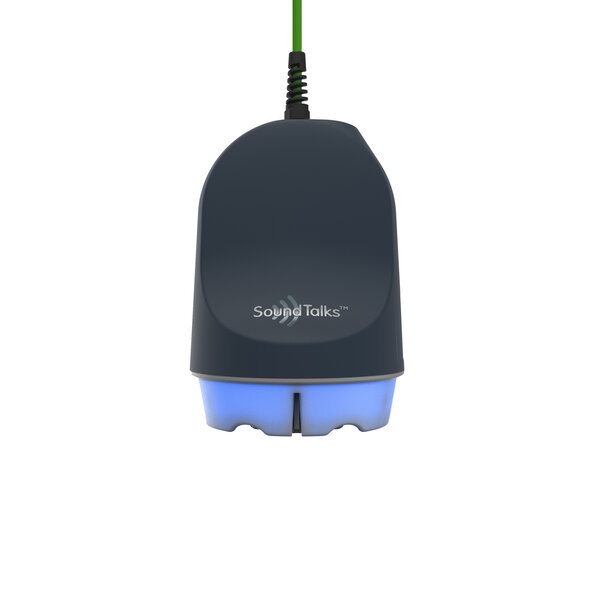Improving Responsibility in Livestock Production - DIG-ITfarm
Using data collection to predict early-stage diseases in order to lower the use of antibiotics in swine rearing and disseminating the best practices.
Concept
Antimicrobial Resistance (AMR) remains an emerging issue and measures to reduce the use of antibiotics in animal livestock production, a major contributor to AMR, are much appreciated. In this context, the European Commission disseminated recommendations to the Member States and adopted legislation covering antimicrobial use and monitoring programs of zoonotic diseases and the AMR status to contain its spread. Since monogastric production such as pork accounts for a significant part of antibiotic use in modern farming, this Flagship Innovation Experiment (FIE) focuses on that animal species.
In order to lower the use of antibiotics in modern swine rearing systems, the FIE aims to support the aforementioned recommendations by applying data collection in precision livestock farming as a predictor of early-stage diseases in combination with novel synergistic feeding concepts. In addition to that, the team intends to positively steer human behaviour in the production sector by showcasing and publishing benefits, results and best-practice examples. Finally, the FIE segues into the evaluation of the system to define its design and required functionalities with the goal to significantly contribute to Digital Innovation Hubs (DIHs) dedicated to responsible livestock farming.
Implementation
This Flagship Innovation Experiment has 2 showcases: one in Belgium focusing on pigs and one in Spain focusing on poultry.
In Belgium, SoundTalks installed sensors for monitoring respiratory diseases in pig farms by using sound. Sound is recorded 24h/7d in the barn, intelligent sound analysis algorithms automatically count the number of coughs continuously from these recordings, and early alerts are raised to the farmer/veterinarian in case potential respiratory diseases develop in the pig barn. The feed intake, weight of the animals, antibiotics intake... were monitored.

Example of SoundTalks sensor
In Spain, different feed applications (conventional versus health-supporting treatments) were monitored with sensor technology (ChickenBoy) of Syntesa / Faromatics. The ChickenBoy system consists of an autonomous robot with a monorail system, incorporating multiple welfare sensors (temperature CO2, Airspeed, Humidity)and thermal cameras. ChickenBoy offers a platform where the data of different sensors can be integrated.
Lessons Learnt
The major lesson learnt is the importance of training. In the case of the Belgium implementation, the farmer could have been anxious to see alerts on the dashboard. But with proper training by the service provider, the farmer could be reassured and get a better understanding of the tool.
SoundTalks sound technology has proven to perform well. Interactions with other variables from pig houses, such as feed and water consumption could help to improve the diagnostics and early warnings.
A major advantage is that the technology works 24/7, the farmer can feel confident that the farm is monitored. Issues could be detected earlier, and antibiotic use could be lowered with a precise application to a specific pen.
Digital Innovation Hubs help to disseminate the technology to all of Europe and support the uptake of smart farming.

